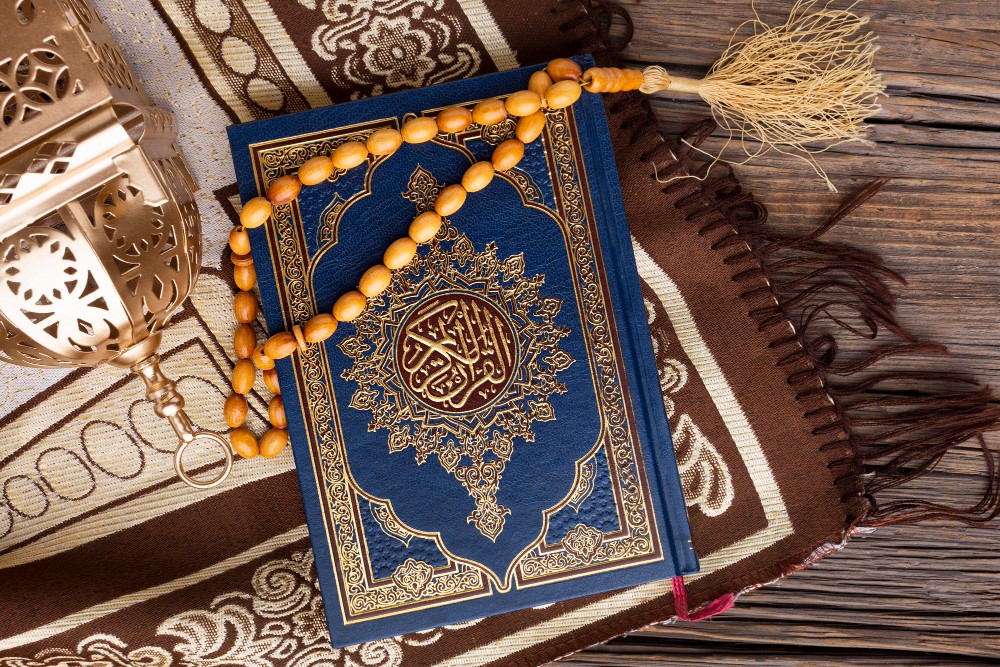Learning the Arabic alphabet is a crucial first step toward understanding the Arabic language, whether you’re interested in learning to read the Quran, engage with Arabic literature, or communicate in an Arabic-speaking environment.
Arabic has a rich, ancient tradition, and learning it is both rewarding and culturally enriching. Here’s a detailed guide to help you learn the basics of reading and understanding the Arabic alphabet.
If you want to learn basic Arabic Alphabets, sign up for a one week free trial of our Noorani Qaida course at our online Quran Academy.
Overview of the Arabic Alphabet
The Arabic script consists of 28 letters, each representing a consonant. Arabic is written from right to left, which may feel unusual at first but becomes second nature with practice. Unlike in English, where letters have a fixed form, Arabic letters can change their shape depending on their position within a word.


